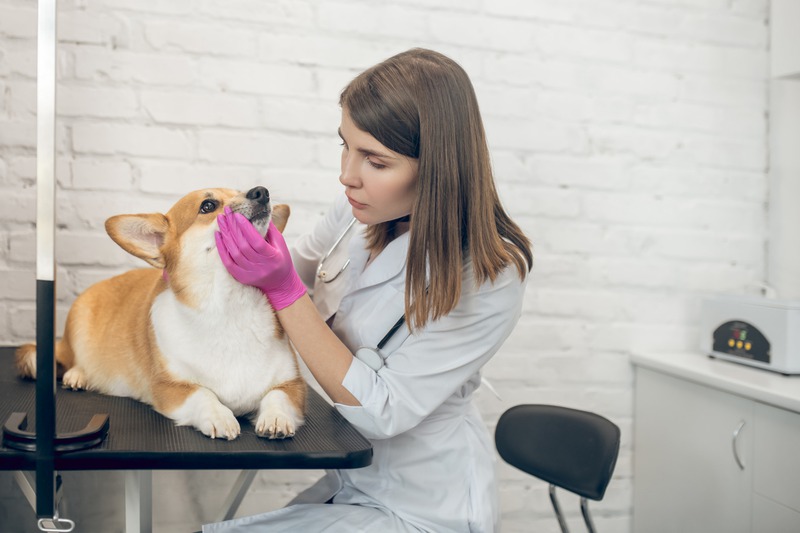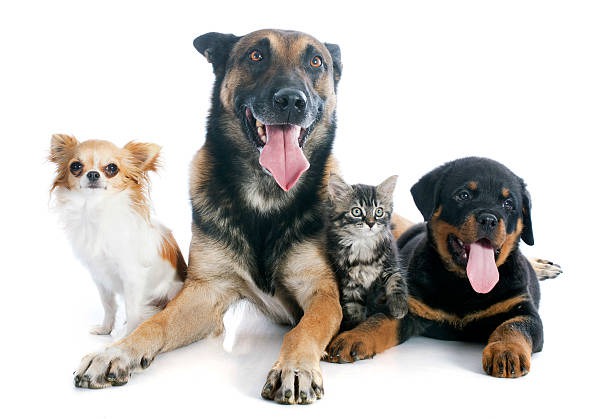When it comes to our furry family members, we want the best care possible, especially when facing surgery. That’s where the behind-the-scenes heroes come into play: vet labs. Understanding how these labs work can give us peace of mind as our pets go under the knife. So, let’s chat about the role of vet labs in keeping our pets safe and healthy during surgical procedures.
A Key Player In Pet Surgery
Surgery can be a stressful time for both pets and their owners. While you see the vet and the surgical team as the main characters in this scenario, there’s another group working tirelessly to ensure the success of your pet’s operation – the vet labs. Let’s walk through how these specialized laboratories provide support before, during, and after your pet’s surgery.
The Pre-Surgery Role of Vet Labs
Before your pet is scheduled for surgery, vet labs have already started their crucial work. Here’s what happens:
-
Pre-surgical Testing: Comprehensive tests are done to ensure your pet is healthy enough for surgery. Bloodwork, urinalysis, and biopsies are just a few examples of the important checks vet labs perform.
-
Disease Screening: Detecting underlying conditions is vital as it can affect anesthesia and recovery. Vet labs screen for issues that might complicate the surgery or require a change in the surgical plan.
Diagnostics During Surgery
As your pet undergoes surgery, the vet lab remains on standby, ready to assist. Sometimes, tests in veterinary diagnostic laboratory are required, especially if there are unexpected findings during surgery. Quick, real-time results can influence surgical decisions and outcomes.
-
Biopsies and Samples: If suspicious areas are discovered during surgery, samples can be sent to the lab to be examined. This can help determine whether the issue is benign or malignant or if further tissue needs to be removed.
-
Blood Monitoring: In certain procedures, continuous blood monitoring may be necessary to watch for signs of infection, response to anesthesia, or blood loss.
Post-Surgery Follow-Up
We’re not done yet! Here’s how vet labs continue to play a role after your pet’s surgery:
-
Infection Monitoring: The vet lab runs cultures and sensitivities to ensure your pet isn’t developing a post-surgical infection. If an infection is found, they help determine the most effective antibiotics for treatment.
-
Progress Evaluation: Through follow-up testing, the lab can assess how your pet is healing and whether any further medical interventions are needed.
-
Pathology Services: In the cases of tumor removals or biopsies, vet labs provide detailed analysis of the tissue to help establish a prognosis and a care plan post-surgery.
Advanced Lab Practices and Collaborative Medical Expertise
Beyond these critical functions, vet labs also play a more nuanced role in your pet’s surgical journey. Labs are constantly updating their practices based on the latest veterinary research, which means they’re always improving their methods to offer better outcomes for your four-legged friend. They might also collaborate with a vet internal medicine specialist to ensure the most accurate and thorough treatment approach.
Your Pet’s Optimal Health and Swift Recovery
The collaboration between the vet lab and the rest of the surgical team is like a well-orchestrated symphony. Each player knows their part and how it contributes to the bigger picture: your pet’s health. Their seamless coordination is crucial for surgeries to go smoothly and for recovery to be quick and uncomplicated. It’s animal healthcare at its finest, and it’s all for the love of our pets. If you’re looking specifically for animal surgery in Snellville, GA, you can rest assured that the local vet labs are equipped to offer this essential support for your pet’s treatment.
In-House vs. Reference Vet Diagnostic Labs
What’s the deal with in-house and reference labs? Here’s a quick comparison:
-
In-House Labs: Many veterinary clinics have their lab on-site. This can speed up the testing process, providing faster results and potentially quicker surgery scheduling.
-
Reference Labs: Some vet clinics send their samples out to specialized reference labs. While this may take more time, these labs usually have more extensive testing capabilities and highly specialized staff.
Regardless of the type of lab, the aim is the same: to offer the highest standards of care for your pet.
Trusting Vet Labs for Optimal Health and Care
-
Ask questions about the surgery and the role vet labs will play.
-
Trust that labs are working in tandem with your vet to ensure the best care.
-
Understand that lab results can significantly impact the timing and approach to surgery, so be patient with the process.
-
Remember, these tests are for the good of your pet’s health and well-being. They’re not just checkboxes on a form.
Vet labs are indispensable in the realm of pet healthcare, especially when it comes to surgery. They’re the unseen backbones of the whole operation, both literally and figuratively.
Final Thoughts
In summary, vet labs play a crucial role in your pet’s surgical care. They perform important tests before and check on your pet after surgery to maximize safety and success. These labs work closely with vets and specialists to provide trustworthy care. Good animal surgery facilities include strong support from these diagnostic labs. Remember, there’s a dedicated team, with lab experts as key members, working to give your pet top-notch care whenever they need a medical procedure.




